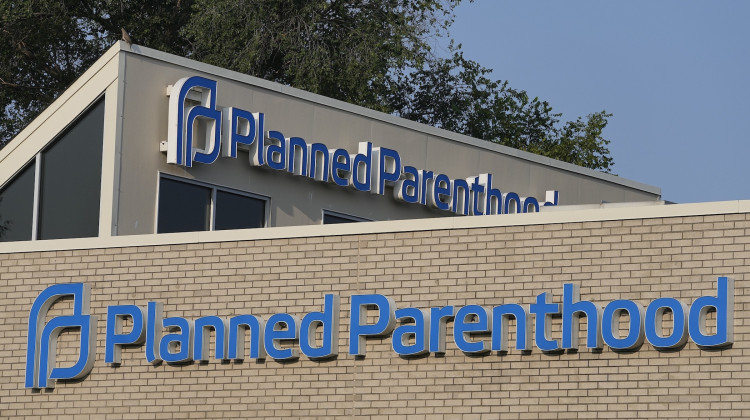
Researchers at the Regenstrief Institute are creating codes to identify lab tests used to screen patients. The codes act as a kind of shared language for doctors and researchers worldwide.
Lauren Chapman/IPB NewsA group of scientists at an Indianapolis-based health research center is helping track cases of the new coronavirus.
Researchers at the Regenstrief Institute are creating codes to identify lab tests used to screen patients. The codes act as a kind of shared language for doctors and researchers worldwide. They are part of a universal coding system created by the institute called Logical Observation Identifiers Names and Codes – or LOINC.
READ MORE: A Coronavirus Listener Q&A Episode
Dr. Shaun Grannis is vice president for data and analytics. He says because this strain of the virus has never been seen before, the codes will help public health officials easily track it.
“If I don’t know what the code is, I don’t know how to look for it. But what the LOINC code does is allow us to be able to see that,” Grannis says. “Both for a human being to be able to better search, but also for a computer system to better search and aggregate data.”
Grannis says better tracking will help health officials study the virus and create plans to address it.
LOINC is used to share and collect data with public health organizations like the U.S. Centers for Disease Control and Prevention. The Regenstrief Institute previously created codes for the Zika and SARS outbreaks.
Contact Darian at dbenson@wfyi.org or follow her on Twitter at @helloimdarian.
 DONATE
DONATE







 Support WFYI. We can't do it without you.
Support WFYI. We can't do it without you.